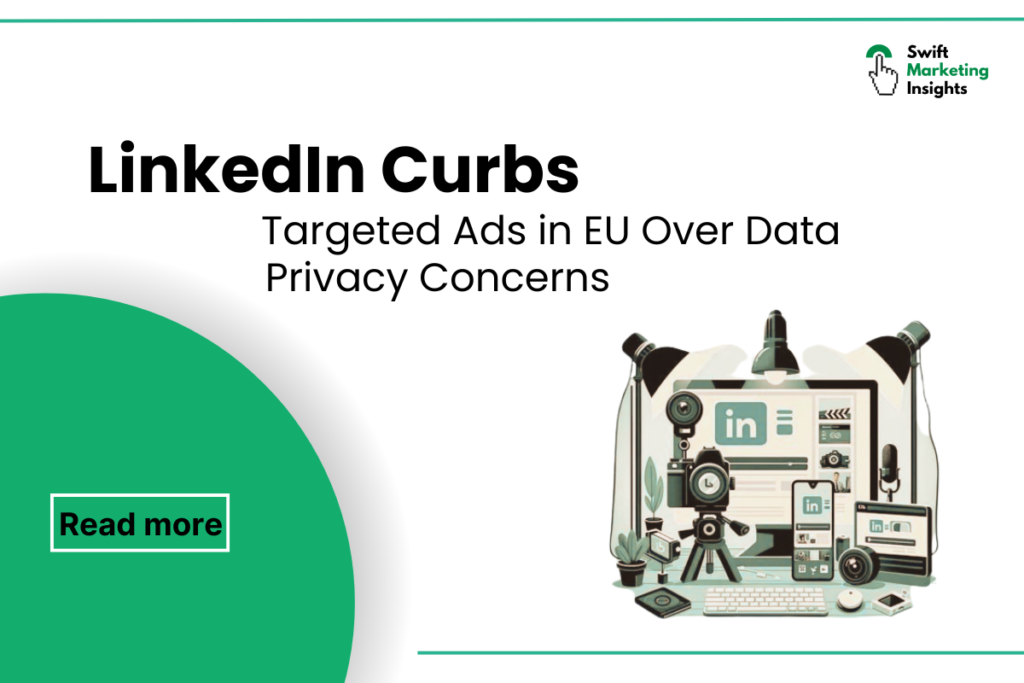

Following increasing pressure over data protection and attempts to follow the Digital Services Act (DSA) in the EU, LinkedIn announced that it will restrict targeting abilities of advertising in the region. The professional social portal, acquired by Microsoft, will no longer allow advertisers to segment advertisement audience with the data of the users, who engage with LinkedIn Groups.
This decision was made after a group of civil society organizations approached the European Commission (EC) in February, with a complaint of possible infringement of the DSA by LinkedIn in its advertising. This complaint’s specific concern was the risk of using personal information like race, political opinions, or sexual orientation for advertisement targeting.
The DSA, which began its application across the EU in February, is designed to impose stringent regulation rules for regulating content at both individual and market levels and create requirements for sectors such as algorithmic transparency and targeted advertising.
Although LinkedIn has risen vehemently to defend the DSA compliance, the firm had timely taken proactive measures to eliminate the potential for advertisers to ‘create an advertising audience’ in Europe based on the LinkedIn Group membership data. Patrick Corrigan, LinkedIn’s VP for legal and digital safety, acknowledged the decision, stating, “We made this change to prevent any misconception that ads to European members could be indirectly targeted based on special categories of data or related profiling categories.“
Corrigan added that, contrary to its previous position that it was impossible for advertisers to target users directly based on the personal data that people post on their LinkedIn profiles, linkedin.com decided to delete the feature for several reasons.
This change is effective to new advertising campaigns initiated in the EU region from now onwards while new advertising campaigns from other regions will be allowed to target EU members based on some other criteria as permissible by LinkedIn; however, catering to EU members through Groups data is no longer allowed.
Thierry Breton, the EU’s internal market commissioner, welcomed LinkedIn’s decision, stating, “The Commission will monitor the effective implementation of LinkedIn’s public pledge to ensure full compliance with the DSA.” Breton emphasized that while the EC will remain vigilant, it is positive to see the DSA delivering change that no other law has attained so far, both in Europe and beyond.
The announcement follows a week of when Temu, a Chinese e-commerce marketplace was declared a ‘very large online platform’ (VLOP) under DSA regulation since its reach qualifies it for extra vigilance. Temu grew to be the twenty-fourth company to be categorized as either VLOP or very large online search engine (VLOSE).
As data privacy concerns continue to gain prominence, LinkedIn’s proactive move to limit targeted advertising based on sensitive data demonstrates the company’s commitment to addressing regulatory scrutiny and fostering a more transparent and ethical advertising ecosystem within the EU. By aligning with the DSA’s guidelines, LinkedIn aims to maintain user trust while complying with evolving data protection regulations.



